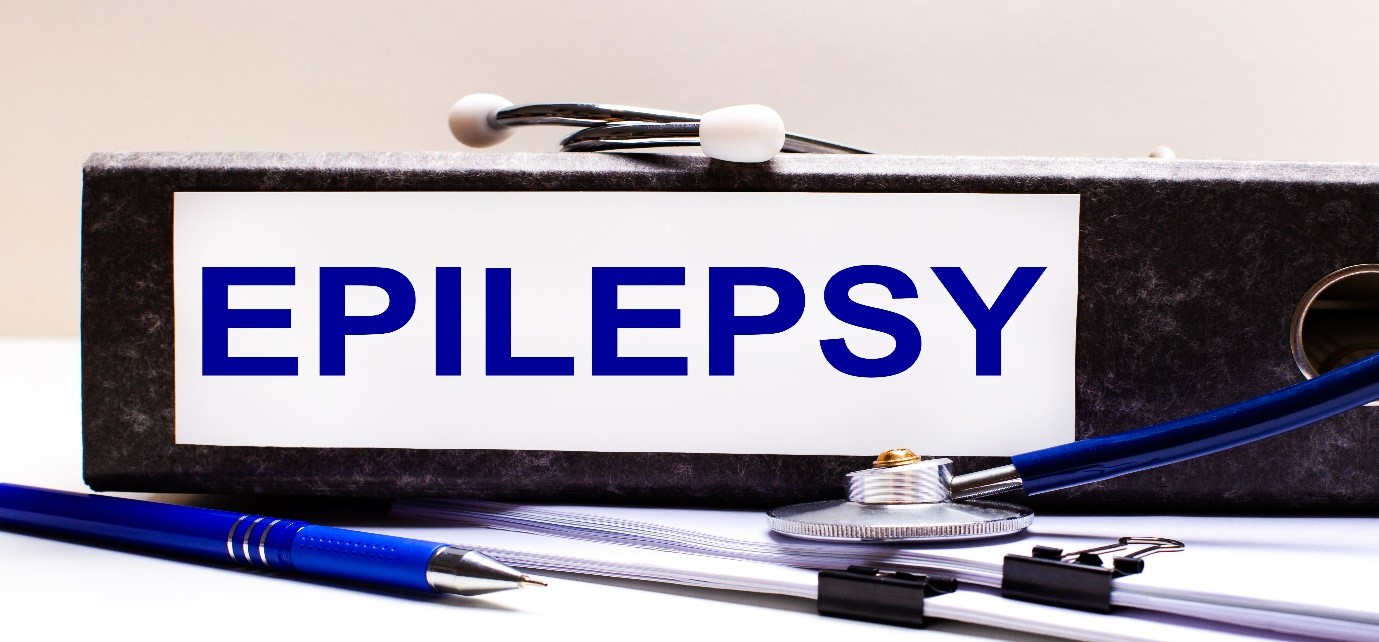

Epilepsy is a common neurological disorder that affects approximately 50 million people worldwide (according to WHO). It is caused by abnormal electrical activity in the brain, which can cause seizures and other symptoms. Epilepsy can cause physical symptoms such as jerky movements, confusion, and loss of consciousness. It can also affect a person's cognitive abilities, behaviour, and emotions. Despite the prevalence of epilepsy, there are still many misconceptions about it. People with epilepsy often experience stigma and discrimination because of these misconceptions. However, with the proper treatment and support, people with epilepsy can live productive lives.
Definition of epilepsy:
Epilepsy is a neurological disorder that affects the central nervous system. It is characterized by seizures, which are bouts of involuntary movements, sensations, or behaviours that may last from a few seconds to several minutes. People with epilepsy may experience different types of seizures, and symptoms vary from person to person.
Epilepsy symptoms:
Episodes can range from mild to severe, and symptoms may vary depending on the individual. Some common signs of epilepsy include strange sensations such as a tingling or aura, sudden loss of consciousness, confusion, body stiffness, jerking or twitching movements of the arms and legs, and staring spells with no response to verbal cues. If you have any of these symptoms, you must talk to your doctor immediately. With the right treatment plan, seizures can be managed effectively.
Types of epilepsy:
There are many different types of epilepsy, and each type is unique. Some of the most common types include generalized epilepsy, focal epilepsy, and temporal lobe epilepsy. Generalized epilepsy is characterized by seizures affecting all regions of the brain. Focal epilepsy occurs when the attack is localized to a specific area of the brain. Temporal lobe epilepsy affects the brain's temporal lobe, which plays a role in memory, emotions, and language. Other types of epilepsy include absence seizures, infantile spasms, and myoclonic seizures. It is essential to talk to your doctor if you or someone you know has any symptoms of epilepsy so that they can help you determine the type and provide the best treatment.
Understanding the different types of seizures is important, as this can help you better identify and manage them. Some common types of epilepsy include:
Epilepsy diagnosis:
When you visit a neurologist, the doctor will conduct some diagnostic tests to confirm the condition, determine the type of epilepsy, the degree of its impact, and develop an appropriate treatment plan.
Examinations usually include: neurological examination, blood tests, electroencephalography (EEG), and some other diagnostic images. These tests help the doctor discover the lesions resulting from the condition and the affected areas, and may also reveal the underlying cause of epileptic seizures.
Epilepsy causes:
The exact causes of epilepsy are unknown, but some factors may increase the risk of developing it. These factors include:
Other possible causes include the following:
Some people may have epilepsy without any identifiable cause, so it's important to talk to your doctor if you have any risk factors for epilepsy so they can make sure you get the right diagnosis and treatment.
Epilepsy treatment: Medicines:
Epilepsy is a medical condition that can cause seizures, so it is essential to treat it with appropriate medications. Your doctor will be able to help you understand the different types of epilepsy medications available and recommend a treatment plan that's right for you. Some medicines used to treat epilepsy include anti-seizure medications, such as carbamazepine, lamotrigine, oxcarbazepine, phenytoin, and valproic acid. These drugs reduce the number of seizures you have or make them less severe. In some cases, seizures may stop completely. It is essential to take the medication as prescribed and follow up with your doctor regularly to ensure it is working correctly. With the proper medication, you can control epilepsy and live a healthy life.
Epilepsy treatment: Surgery:
While most people with epilepsy need medication to control their seizures, surgery may be an option for those who have failed many medications and treatments. Epilepsy surgery may provide relief from epileptic seizures when medications don't work.
Epilepsy surgery can be a safe and effective treatment option when more than two trials of anti-seizure medications have failed to control your seizures. Surgery may also help correct abnormalities in the brain that cause seizures. Surgery is usually done on an outpatient basis and is often successful in controlling seizures in the long term.
If you are looking for information about whether surgery might be an option for you, your doctor or epilepsy center may be able to provide you with more details.
World Epilepsy Day:
It is a day dedicated to spreading awareness about this neurological disorder. Epilepsy affects 50 million people worldwide, so it is essential for the community to learn more about it and raise awareness of its symptoms and treatments. Spreading the word can help reduce stigma and ensure that people with the condition get the care they need.
Psychological support for epilepsy patients:
Living with epilepsy can be difficult and stressful, but you don't have to deal with it alone. Psychological support is available to help people with epilepsy manage the condition's physical, psychological, and social challenges.
Psychological support may include:
If you or a loved one has been diagnosed with epilepsy, consider reaching out to a mental health professional for help. Patients can find ways to cope with their condition through these services and live healthier, more fulfilling lives. You deserve to have the best possible quality of life.